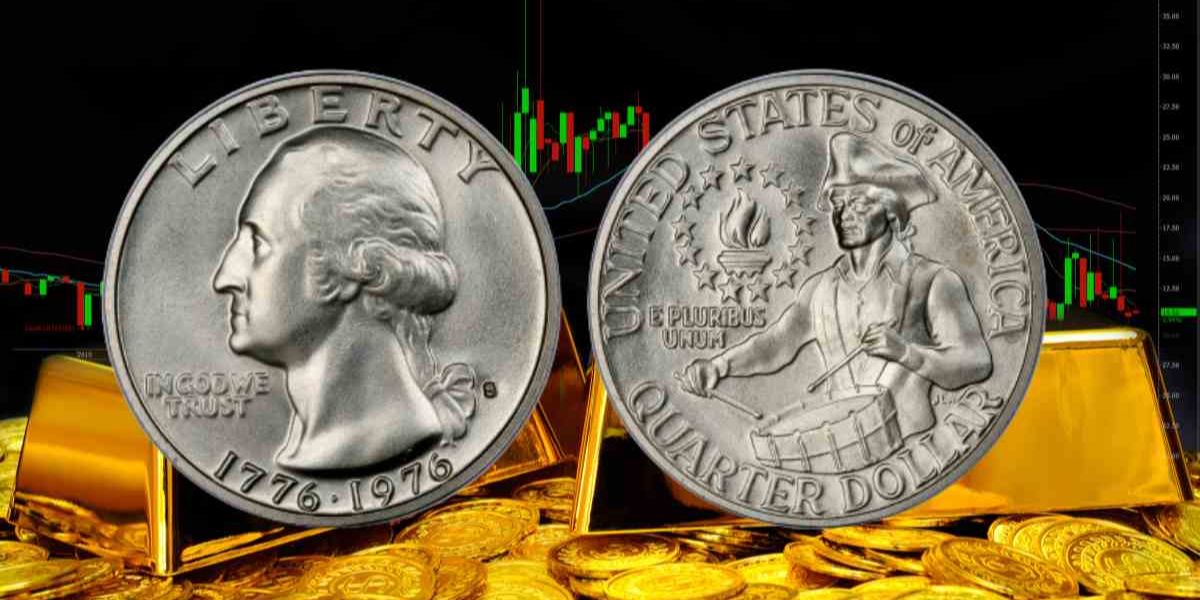The sudden plunge of the dollar has raised concerns across global markets, and its impact on the U.S. economy is becoming more apparent. The U.S. dollar has long been seen as a strong, reliable currency, but its recent drop is causing some serious ripples. For businesses, consumers, and policymakers, the question is, how will this affect the economy and the daily lives of American citizens?
The dollar’s decline means that imported goods will become more expensive. Since the U.S. imports a large portion of its goods, from electronics to clothing, a weaker dollar can lead to higher prices for these products.
Consumers may feel the pinch in their wallets as the cost of everyday items rises. For example, if the price of imported oil increases due to the weaker dollar, it can push up the cost of gasoline and other energy sources. This could lead to higher living expenses for American families, impacting their ability to save and spend.
For U.S. businesses, particularly those involved in international trade, the falling dollar could be a mixed blessing. On one hand, it makes American exports cheaper for foreign buyers. This can help boost sales for U.S. manufacturers and exporters, giving them an advantage in global markets.
On the other hand, a weaker dollar can increase the cost of importing materials and components that U.S. companies need to produce goods. This could hurt businesses that rely on international supply chains, especially if their margins are thin.

The dollar’s decline also affects inflation. A weaker currency generally leads to higher inflation because it makes imports more expensive. The Federal Reserve may respond to this by raising interest rates to cool down inflation, but higher interest rates can also slow down economic growth by making loans more expensive for consumers and businesses. This creates a balancing act for policymakers, who need to ensure that they control inflation without stalling the economy.
The global impact of a falling dollar is also significant. Many countries hold U.S. dollars in their reserves, and a decline in the value of the dollar can erode the value of those reserves. Countries with significant dollar holdings, such as China and Japan, may see the value of their reserves drop, which could lead them to adjust their economic policies.
Additionally, if the dollar continues to lose value, it could make other currencies, such as the euro or the Chinese yuan, more attractive in global trade, leading to shifts in international financial dynamics.
The dollar’s plunge might prompt investors to look for alternative assets. When the dollar weakens, gold and other commodities often become more appealing, as they are priced in dollars and thus tend to rise in value when the dollar falls. Investors might shift their focus to these assets, causing fluctuations in global markets. Stock markets could also be affected, as the strength of the dollar often influences investor confidence and market stability.
Ultimately, the dollar’s plunge is a sign of underlying economic shifts. It reflects not only the U.S. economy but also global financial trends. The value of the dollar is influenced by a combination of factors, including trade balances, interest rates, and geopolitical events. While the immediate effects of a falling dollar can be challenging, it is important to remember that currencies are cyclical, and the value of the dollar may rebound in the future.
In conclusion, the sudden plunge of the dollar has the potential to have both positive and negative impacts on the U.S. economy. For consumers, it could lead to higher prices, while businesses might face challenges and opportunities.
Inflation concerns, global shifts in financial power, and changes in investment behavior are all part of the equation. Policymakers will need to navigate this complex situation carefully to ensure that the U.S. economy remains stable and resilient in the face of these changes.
Disclaimer: This article has been meticulously fact-checked by our team to ensure accuracy and uphold transparency. We strive to deliver trustworthy and dependable content to our readers.




